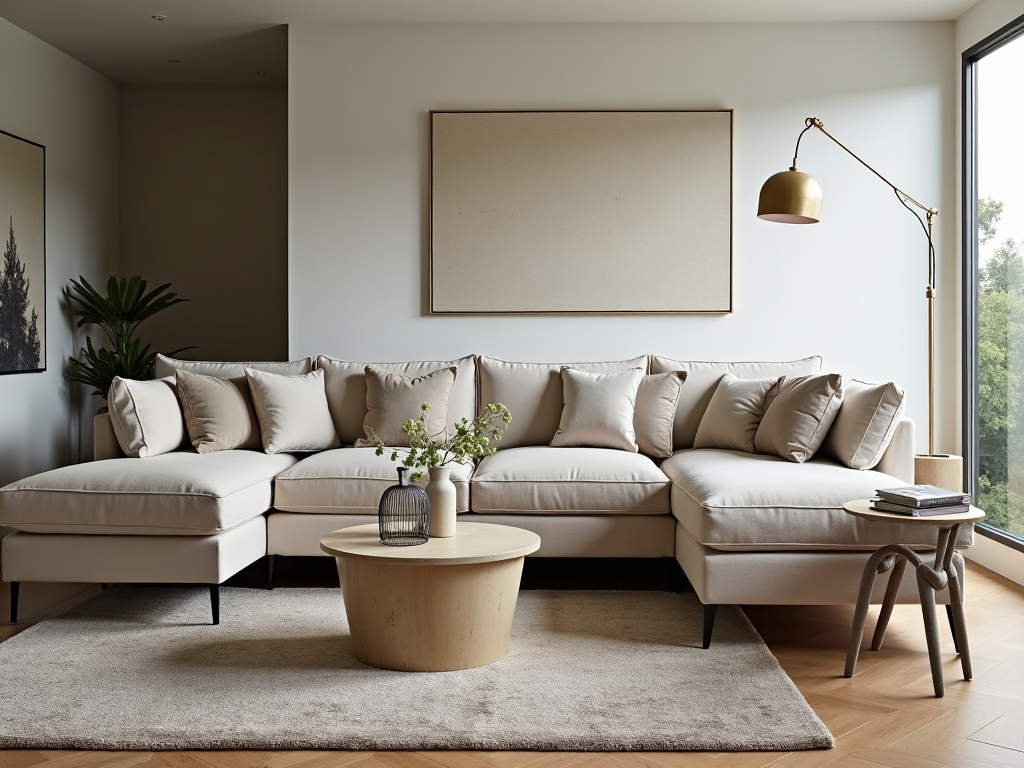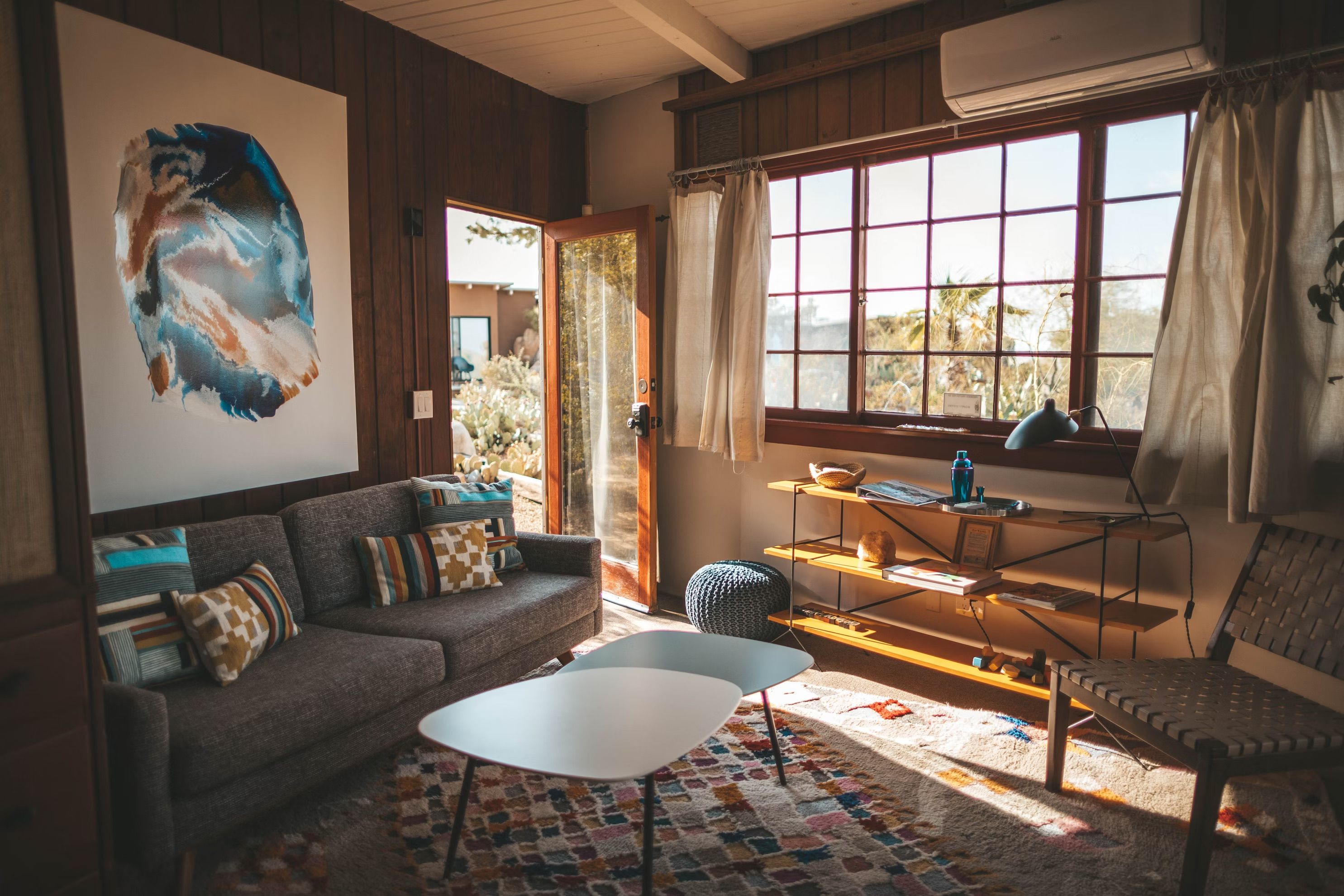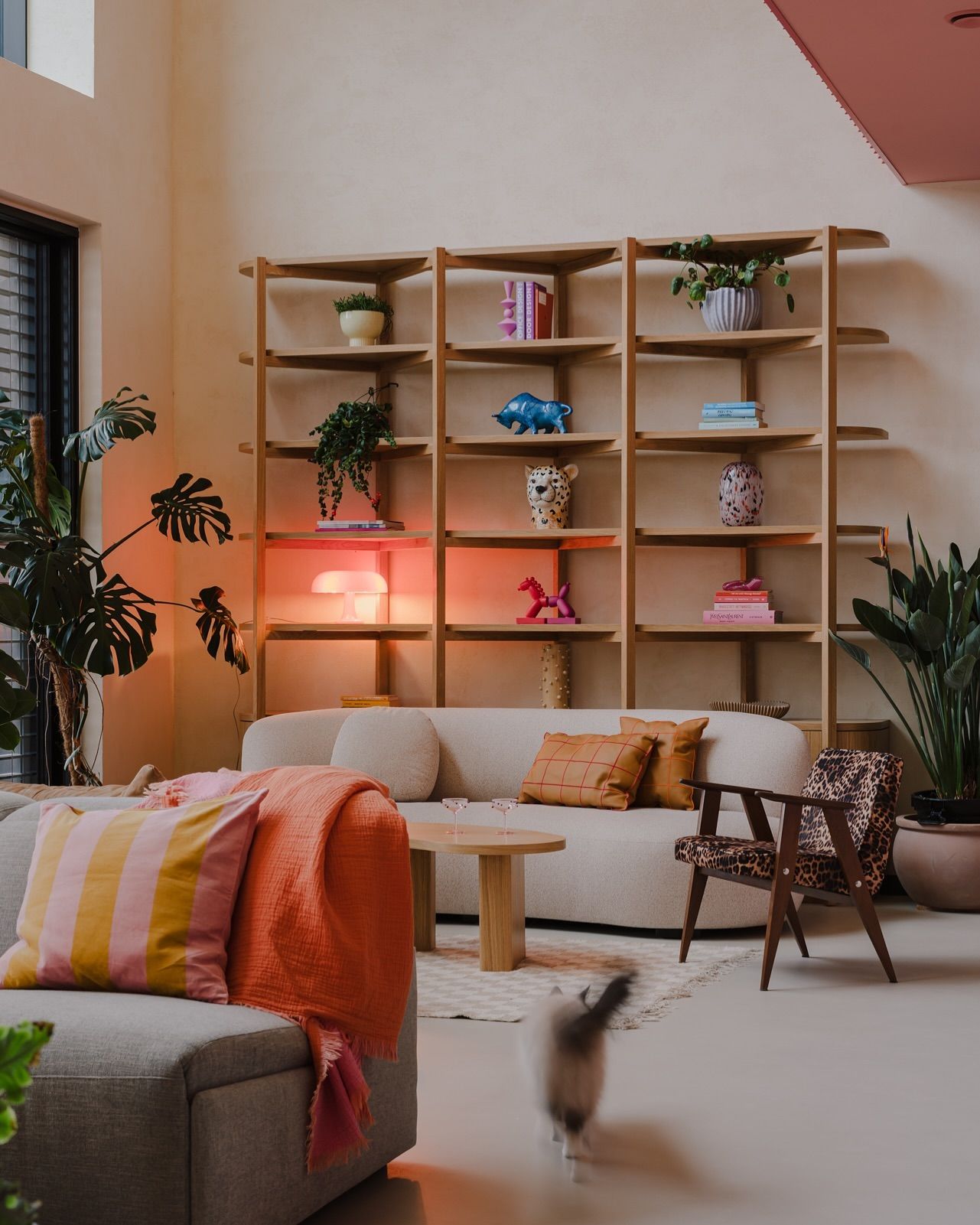Quick facts
Can't find the answer you're looking for? Please get in touch with our friendly team.
What do you put in cruets?
Cruets are typically used to hold liquids such as oil, vinegar, or salad dressings. They can also be used for sauces or flavored oils. Choose materials like glass or ceramic for a decorative touch that complements your dining table or kitchen decor.
What is the difference between a carafe and a cruet?
A carafe is a container used for serving beverages, often with a wide neck and no handle, designed for wine or water. A cruet, on the other hand, is a small container used for holding condiments like oil or vinegar, typically with a stopper or spout.
What are cruets and what is another term for this?
Cruets are small containers used for holding condiments like oil and vinegar. They are often made of glass or ceramic and can be decorative. Another term for cruets is 'condiment bottles.'
What are examples of cruet?
Examples of cruets include small glass or ceramic containers typically used for holding condiments like oil and vinegar. They often come in sets, sometimes with matching trays, and can feature decorative designs to enhance kitchen or dining table decor.
What are cruets used for?
Cruets are small containers typically used for holding condiments like oil, vinegar, or sauces. They are often placed on dining tables for easy access during meals, adding both functionality and decorative appeal to the table setting.
Category Overview
Introduction
Cruets serve as essential and elegant vessels for dispensing oils, vinegars, and sauces in your home. Their significance lies not only in their utility but also in how they enhance the dining experience. By having these beautifully crafted containers on your table or kitchen counter, you add a touch of sophistication while ensuring that everyday meals feel more special. Whether you're drizzling balsamic vinegar over a fresh salad or pouring olive oil onto a warm loaf of bread, cruets transform mundane moments into delightful rituals.
Functionality
The primary function of cruets is to store and dispense condiments with ease and style. You can find them in various rooms—from the dining room where they accompany meals to the kitchen where they keep your favorite oils within reach. In outdoor settings, such as barbecues or picnics, cruets help elevate casual dining by providing accessible flavors without the fuss of cumbersome bottles. Many modern cruets feature unique designs like drip-free spouts or airtight seals, enhancing usability and preserving freshness.
Design & Style
Cruets come in an array of styles and materials to suit different tastes. Common materials include glass for a classic look, ceramic for rustic charm, and stainless steel for a sleek modern vibe. You can find variations such as vintage designs with intricate patterns or minimalist styles that blend seamlessly into contemporary spaces. Personalization is easy—choose colors and designs that align with your decor theme, be it farmhouse chic or modern elegance. For example, a set of handcrafted wooden cruets could complement your best coffee table for small spaces beautifully.
Practical Considerations
When selecting the right cruet for your home, consider key factors like room size and material durability. Always choose materials that support your lifestyle—glass works well for decorative purposes but may require careful handling, whereas ceramic offers sturdiness without compromising on aesthetics. Avoid common pitfalls such as choosing sets that don't match your existing decor or opting for sizes too large or too small for your space needs. To maximize functionality, consider getting sets with multiple containers so you can enjoy variety while maintaining organization.
Comparison and Alternatives
When weighing options between common materials like wood versus metal or round versus rectangular shapes within cruets, it's essential to evaluate their pros and cons carefully. Glass is often preferred for visibility but can be fragile; metal versions are durable but may affect taste if not properly coated. Choosing between round vs. rectangular designs often depends on personal preference—round may fit snugly on smaller tables while rectangular might lend itself better to long dining setups.
Trends and Popular Items
Currently, there’s a notable trend toward eco-friendly materials in cruet production alongside rising popularity for mid-century modern designs that offer both aesthetic appeal and functionality. Customers love rustic ceramics paired with natural finishes; this kind of design complements the evolving farmhouse aesthetic prevalent in many homes today. As casual dining becomes increasingly popular—with families gathering around kitchens—functional yet stylish cruets remain top choices among homeowners looking to enhance their culinary experiences. By integrating these versatile pieces into your home decor, you not only beautify your space but also create an environment that celebrates flavor and hospitality every day!


